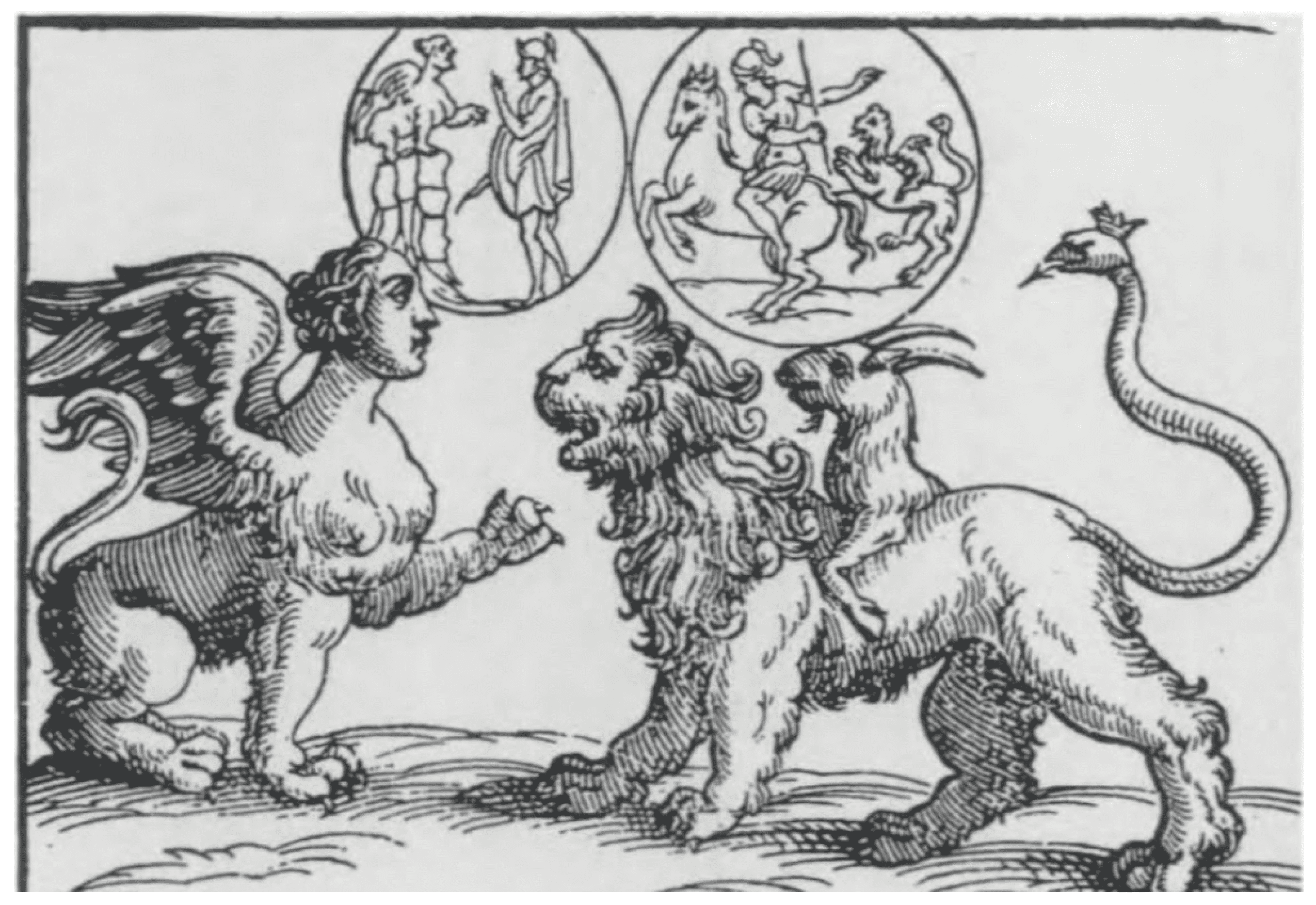Blatant
A word first used by the Elizabethan poet Edmund Spenser (c.1552–99) in The Faerie Queene, as a description of a thousand-tongued monster, offspring of the three-headed dog Cerberus and the fire-breathing Chimera. Spenser used this monster as a symbol of slander, and called it ‘the blatant beast’. He may just have invented the word, or taken it from Scots blatand ‘bleating’. Blatant was subsequently used to mean ‘clamorous, offensive to the ear’, and did not take on its modern meaning ‘unashamedly conspicuous’ until the late 19th century.
16世纪英国诗人埃德蒙·斯宾塞 (Edmund Spenser)在其长篇史诗《仙后》(The Faerie Queene)中杜撰出the blatant beast,用来形容一头长有千条舌头、代表“诽谤”的怪兽,是地狱三头犬Cerberus和喷火奇美拉的后代(a thousand-tongued monster, offspring of the three-headed dog Cerberus and the fire-breathing Chimera)。

尽管 "Blatant" 的确切词源不明,但一些语言学家认为它可能与 "bleat" 这个词有关。"Bleat" 描述了羊或山羊的叫声,有时也用于形容人们讲话的尖锐和刺耳的声音。另外一种理论则将 "blatant" 连接到 "blatter," 一个旧英语词汇,意为大声谈论或吵闹。
如今blatant的主要用来形容各种公然的明目张胆行为(贬义),a blatant lie, a blatant disregard/attempt/violation